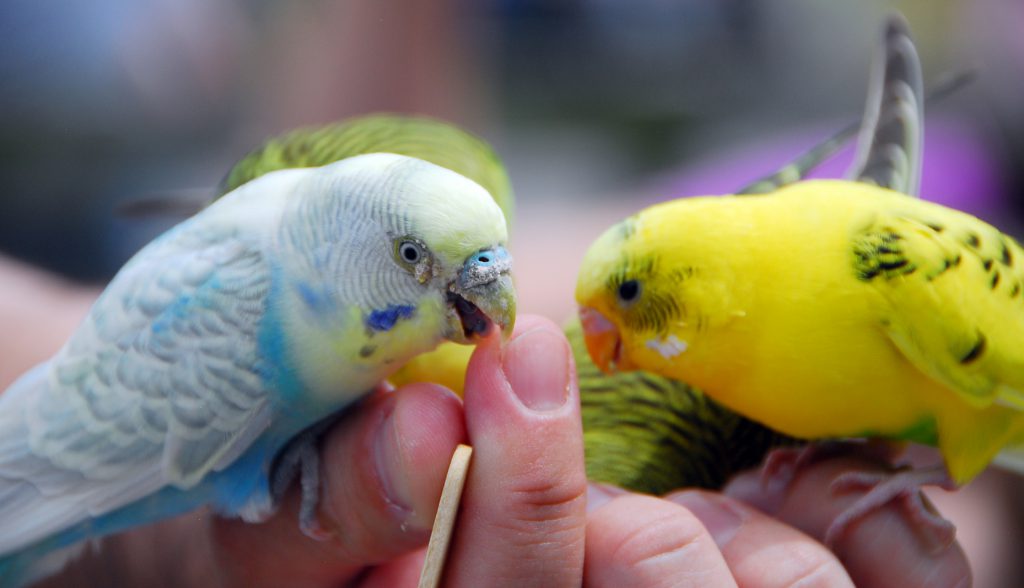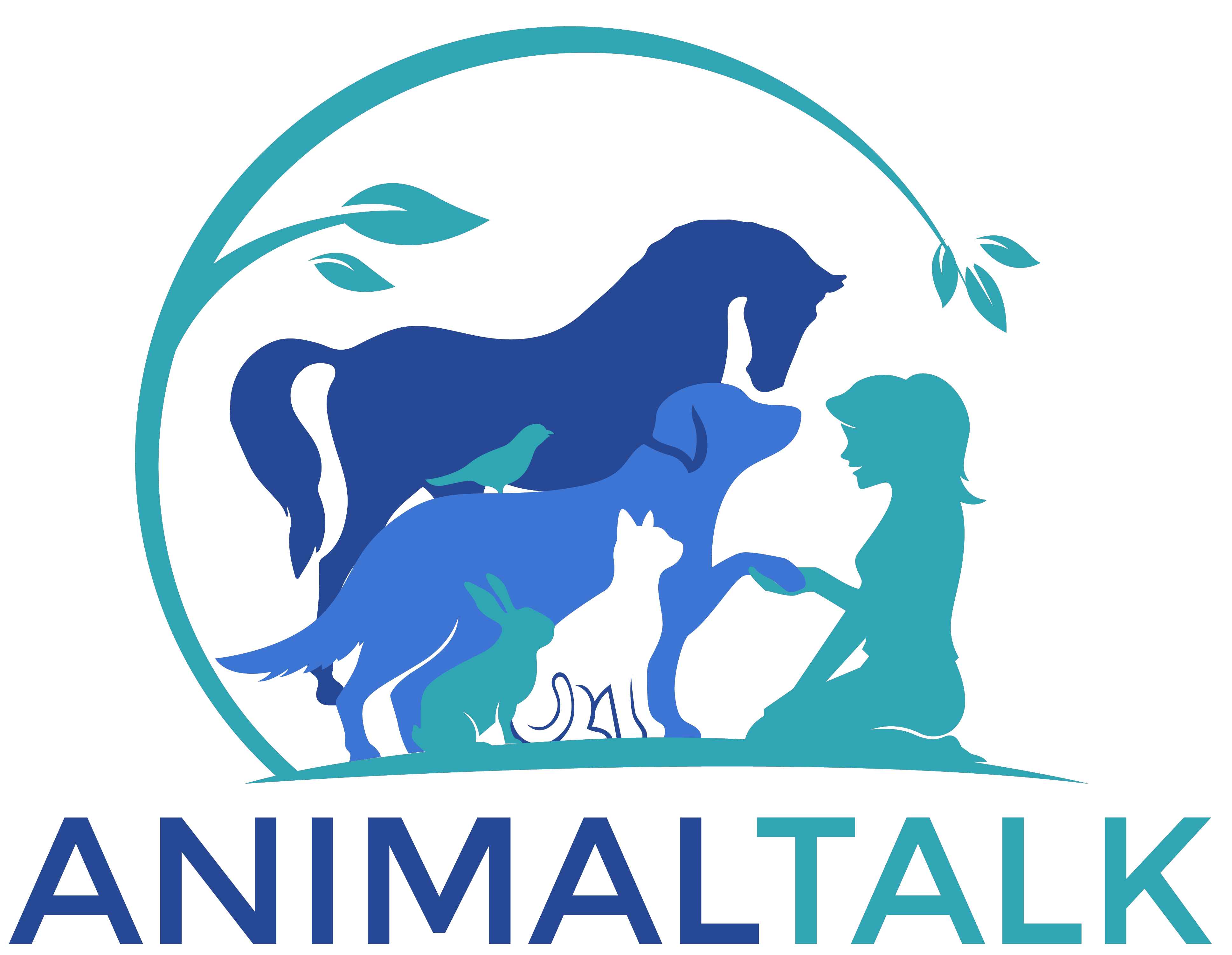
[vc_row][vc_column][vc_column_text]Whether it’s their incredible intelligence, inquisitive nature or display of love and affection, sharing your life with a bird can be a rewarding and lifelong experience. A relationship with a bird cannot be compared to a dog or cat, as they are an entirely different being altogether. One that won’t be suited to everyone due to their unusual and unique needs.
Birds are really incredible creatures, they thrive on stimulation such as working out challenges and puzzles, and can’t seem to get enough of it. They adore love and affection with their chosen partner. Birds do mate for life – and it’s not necessarily with another bird! They love spending many hours grooming you; cleaning strands of hair, nibbling and nuzzling your your face. It is their way of expressing themselves with their own kind, and you will be come one of their kind quite quickly. Feeling very special is only the beginning for a person with a bird. Especially as they are content to sit with you for hours, whether napping, chattering away or just watching you intently. They are very curious – so whether you are working, snoozing, or cleaning they not only want to know what you are doing but to be a active participant. They don’t always understand you, but they certainly want to!
Let’s talk about the True Essence of Birds
Birds ultimately represent freedom. Not surprising with their ability to fly, thus few limitations and amazing adaptability. They see a point of destination, and go for it without hesitation. They also represent freedom of expression – to be heard and express themselves in any way they choose. We all know birds are very vocal, constantly catching our attention with their wide range of tones and pitch, in a variety of circumstances. They are the silent observers – ever watchful and alert to everything. Ever wonder what we look like to them from up there? They notice a lot more than they let on. Individually, birds are confident, curious and explore on their own. But they never stray too far from their flock. The flock is the safety net, where you are protected and every member is your support. It is very important to trust your flock – it could be the difference between life and death. And a bird’s flock is not always their related family. Well it appears these birds have many admirable qualities in the wild, many of which most of us give little thought. But what about those in captivity, are they able to fulfil these qualities?
If you already have a bird find out if you are meeting the needs and happiness of your birds[/vc_column_text][us_separator type=”invisible” size=”small”][vc_row_inner][vc_column_inner css=”.vc_custom_1506058163870{border-top-width: 1px !important;border-right-width: 1px !important;border-bottom-width: 1px !important;border-left-width: 1px !important;background-color: #f6f6f5 !important;border-left-color: #0477e5 !important;border-left-style: dashed !important;border-right-color: #0477e5 !important;border-right-style: dashed !important;border-top-color: #0477e5 !important;border-top-style: dashed !important;border-bottom-color: #0477e5 !important;border-bottom-style: dashed !important;}”][vc_column_text]
Bookings
[/vc_column_text][/vc_column_inner][/vc_row_inner][us_separator type=”invisible” size=”small”][vc_column_text]
Do you have what it takes to join their flock? Can you live up to a bird’s needs & desires? Let’s find out!
Looking After a Being of the Wild
Likes horses & cats, birds did not choose to be domesticated. So are they ever happy in captivity? They still have their wild instincts and captivity must reflect their natural environment as much as is possible. Taking a wild bird or a wild baby bird into captivity is not an option. Always go to a bird breeder or if you are an experienced bird person, adopt an already hand-raised bird from a shelter. The burning question to ask yourself why do you want a pet bird, and what are you prepared to offer?
Environment
In flocks, birds can travel hundreds of kilometres across the land and ocean whenever it suits them. Freedom of flight is what defines a bird, it is their very essence as explained. So excuse your bird for not being happy in just a cage in your home, whether large or small. They must have the choice to fly around your home and leave the cage when they choose. You need to provide a safe environment without cats and dogs. Bird stands that replicate trees are great to have around the house and they will help your bird feel more at home and part of the family. Freedom is a right not a privilege.
Time and Commitment
An animal no matter what species needs your time and commitment. A bird will become destructive and very loud if you neglect them. You are their flock – their family, their partner and their safety. They don’t stray from the flock, and when you aren’t around its going to ignite those wild instincts we mentioned and they will be calling for you. You must be prepared to invest the time they need. Did you know that birds could live from 15 to 100 years old depending on the species? Do you know where you will be in 50 years? You will need to consider all situations and how your bird will be affected in your decisions.
Freedom of Expression
Every being has the right to express themselves as they choose – so be prepared for your bird to let you know what’s going on all the time! They love to sing, chirp, squawk, mimic sounds, and basically be heard whenever they choose. It is their way of communicating in the flock and part of who they are. If you feel this will cause you stress, a bird is not for you. Even though certain species are not as loud as others, for example a canary in contrast to a cockatoo, they will still be vocal. It is your responsibility to choose the appropriate species for your home, and accept the qualities of that species.
Stimulation
As birds are highly intelligent beings with problem-solving skills that could rival any human, they need ongoing stimulation! It is their nature to forage for food and explore, so create puzzles and challenges such as storing their food in carved wooden toys or offer them a ‘treasure trove’ of things to break – seeds, nut shells, plant seeds from the garden. Allow them to explore your home on the ground and in the air. Being able to see outside is imperative not only for instinct, a sense of increased space but incredible stimulation watching what occurs outside including other birds at different times of the da
Health and Wellbeing
Your feathered friend will need regular vet check-ups by an Avian Vet(specific bird veterinarian). Being offered a healthy diet there will be no need for vitamin supplements, but regular worming is recommended as a precaution.
A bird’s diet will vary as it is very species and region dependent. You need to do your research for your bird friend:
Smaller species such as canaries and finches need a diet consisting of a good quality crumble, fruits and vegetables such as apple, pear, peas, spinach, blueberries, carrot, broccoli, silverbeet, cucumber and herbs like parsley, rosemary, and thyme. Cooked legumes are important too such as bean sprouts, lentils, kidney beans and chickpeas.
Small parrots such as Budgies, Love birds, Conures, Quaker parrots, Princess parrots and Cockatiels would need a good quality pellet mix, fruit and vegetables such as apple, pear, spinach, blueberries, carrot, broccoli, silverbeet, cucumber and herbs like parsley, rosemary, and thyme. As they have bigger beaks, they can also chew on nuts such as cashews, and walnuts in moderation. Cooked legumes are important too such as bean sprouts, lentils, kidney beans and chickpeas.
Rainbow Lorikeets would need a more liquid diet, as they are adapted to eating flower nectar, and much smaller seeds from pods. They would need a great nectar powder mix with a variety of fruits such as mango, apple, pear, rockmelon and pineapple.
If you are attracted to the bigger parrots such as Indian Ringnecks, Alexandrines, Electus Parrots, Australian King Parrots, Cockatoos, Macaws and Galahs then they require a variety in their diet including a good quality large pellet mix, fruits and vegetables such as pieces of apple, pear, mango, capsicum, cucumber, zucchini, carrot, celery, orange, corn, berries, spinach, silverbeet and nectarines. Their strong beaks can crack nuts, even in their shells such as cashews, raw pistachios, peanuts, brazil nuts and almonds. Cooked legumes are important for these birds too such as bean sprouts, lentils, kidney beans and chickpeas.[/vc_column_text][us_separator type=”invisible” size=”small”][us_single_image image=”8265″ size=”full” align=”center”][us_separator type=”invisible” size=”small”][vc_column_text]Note on Seed Mixes: Whilst seed mixes may be very tasty for your bird, they have little nutritional value with lots of oils and fats. These can be quite harmful to your bird if given too much. It is like eating junk food all day every day. It is not healthy! Seed mixes should be given as a treat occasionally.
Any doubt consult a bird expert in that species. We all know we are what we eat and that includes your bird. So many problems with birds stems from an incorrect diet.
So with all that said you now have a clear idea on what it will take to own a bird. There are many people who fulfil all these needs and much more in their pursuit of love and happiness with their favourite companion who just happens to be a bird.[/vc_column_text][/vc_column][/vc_row]
